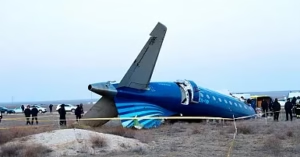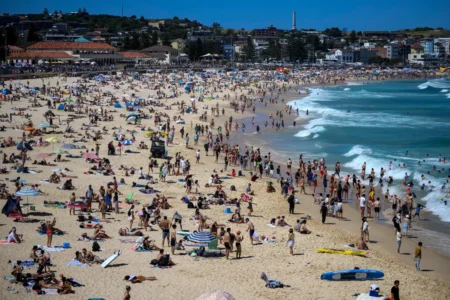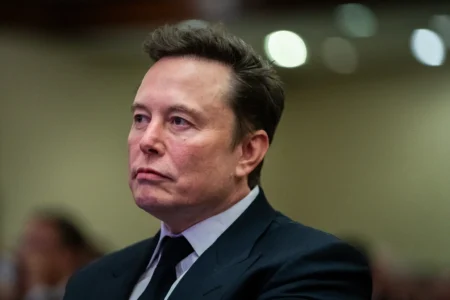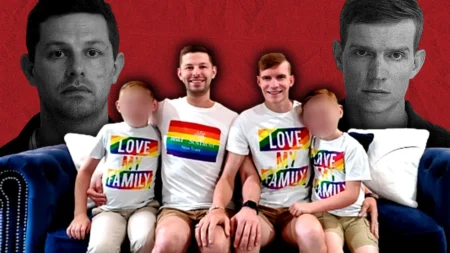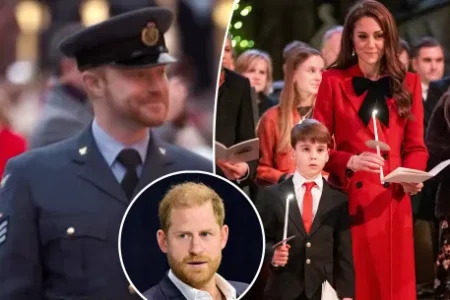The Israeli government is set to convene to discuss and potentially approve a ceasefire agreement aimed at ending hostilities with the Lebanese militant group Hezbollah.
The proposed deal, which has been under negotiation, would establish a 60-day truce and include a phased withdrawal of Israeli Defense Forces (IDF) from Lebanon, according to multiple reports.
Under the terms of the agreement, Hezbollah would vacate positions south of the Litani River, approximately 30 kilometers north of the Israeli-Lebanese border. These areas would instead be patrolled by Lebanese Army forces.
Despite reports of progress, violent clashes persisted on Monday. Israeli airstrikes in Lebanon reportedly killed at least 31 people, while Hezbollah continued to fire rockets into Israel.
Israeli news outlet Haaretz reported that cabinet ministers will vote on the ceasefire agreement on Tuesday. A senior Israeli official told Reuters the meeting would focus on finalizing the deal’s terms. Meanwhile, Lebanese sources indicated that the US and France are expected to announce the agreement soon.
According to Israel’s Channel 12, the proposal includes the following elements:
A mutual ceasefire between Israel and Hezbollah.
IDF presence in Lebanon for up to 60 days during withdrawal.
Deployment of Lebanese Army forces to replace the IDF.
No Israeli-occupied buffer zone in southern Lebanon.
A US-led five-nation committee to oversee the ceasefire’s implementation.
Lebanese government control over arms acquisition and production.
Additionally, the US would issue a letter affirming Israel’s right to respond militarily if Hezbollah violates the agreement.
Israeli Prime Minister Benjamin Netanyahu has reportedly agreed to the deal in principle. Lebanese Deputy Speaker Elias Bou Saab stated that no major obstacles remain unless Netanyahu reverses his position.
French officials noted that negotiations have “significantly advanced” and urged both parties to seize the opportunity for peace. Similarly, US National Security Council spokesman John Kirby expressed optimism about reaching an agreement but emphasized that the deal was not finalized.
However, Israel’s far-right National Security Minister Itamar Ben-Gvir has voiced strong opposition. He called for continued military action to achieve “absolute victory,” urging Netanyahu to abandon the ceasefire plan.
Lebanese authorities insist that any agreement must adhere to United Nations Security Council Resolution 1701, which ended the 2006 war between Hezbollah and Israel. The resolution mandates the removal of Hezbollah fighters and weapons from the region near the Israeli border, but Israel and Lebanon have accused each other of violations.
While talks between Israel and Hezbollah appear to be progressing, efforts to broker peace in Gaza have faltered. Qatar recently withdrew from its mediation role between Israel and Hamas, leaving negotiations at a standstill.
The ongoing conflict with Hezbollah began on October 8, 2023, when the group launched rocket attacks on Israel following a deadly Hamas assault. Israel responded with a military campaign targeting Hezbollah’s infrastructure, killing its leader Hassan Nasrallah and other senior figures.
The conflict has resulted in significant human loss. Lebanese officials report over 3,750 fatalities and 15,600 injuries since the fighting began. More than one million people have been displaced in Lebanon, while Israel seeks to enable the return of 60,000 residents who fled northern communities due to Hezbollah’s attacks.



